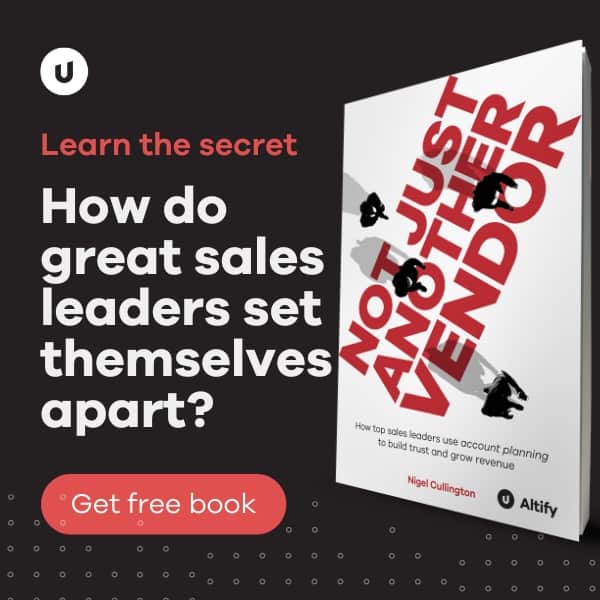When the subject of hiring salespeople comes up, the Rolodex, virtual or otherwise, isn’t far behind.
A salesperson’s business networks are only of some value. Certainly not as much value as many candidates would like their interviewers to believe. (In fact, artificially inflating one’s network of contacts on LinkedIn is starting to be seen by savvy hirers as a disqualifier, not an asset.)
In my experience, a candidate’s business network is only one component of their overall Personal Capital. Their experience, domain/industry expertise, business savvy, presence and charisma, communication and relationship-building skills, value delivered to customers and clients, and other factors all contribute to the overall potential productivity of the candidate. The network is just a part.
If you break down that part—the candidate’s business network—into its many component categories, you’ll start to get a sense for where the misunderstanding around the Rolodex emanates.
Leaving out the candidate’s true personal relationships, you’ve got their former bosses, former subordinates, former colleagues, former customers (with many different roles and responsibilities at different organizational levels), former business partners, and then all of those peoples’ “present” counterparts. For a salesperson with ten years of selling experience, you’d expect to see 300 to 500 people or, in some cases, many more. Note: Some of the great new Sales 2.0 tools provide us with the ability to do reference checking like never before!
Hirers want to know, “From contacts in their Rolodex, how many decision-makers, in my target market, can the candidate secure a meeting with?” But that’s not the right question. Here’s why: Depending on what your company sells, a candidate’s Rolodex may be worth little or even nothing.
For example, let’s say your company sells ERP (enterprise resource planning) software. Your candidate comes out of SAP, your biggest competitor. She’s been there for eight years, and did very well. She tells you she’s got access to CFOs, COOs and senior executives at a hundred Fortune 500 companies. Sounds great, right? Are any of those companies going to unplug their SAP installations and replace them with yours? Not likely. In addition, you can expect that salesperson to have considerably less juice carrying a business card with your company’s logo than she did when she represented SAP. That’s just the way things are.
It’s very different for those selling professional services. Before my lawyer retired, he jumped from firm to firm. I stayed with him for the duration. I was a persistent entry in his Rolodex and a valuable one at that.
So, the question should be, “From contacts in their Rolodex, how many decision-makers, in my target market, who could conceivably acquire my product within one year, can the candidate secure a meeting with?”
I’m not suggesting you ignore the Rolodex issue. Just look at it for what it really is in your unique situation.



